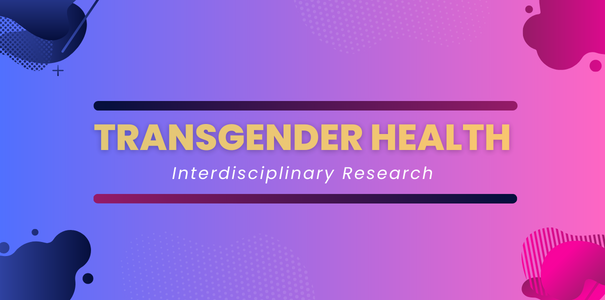
As a student in the University of Northern Colorado's Rehabilitation Counseling M.A. program, Allie Tate has conducted extensive research on the stigma surrounding mental health disabilities.
Allie Tate
“It's important to start out by saying stigma is a huge concept. It's an abstract idea that's sometimes hard to grasp. Societal barriers, prejudices and discrimination exist when it comes to individuals with disabilities. We're shining a light on those invisible barriers so we can move toward creating equitable access for everybody,” Tate said.
She explained stigma impacts classrooms, workplaces and health care settings, among other environments.
Tate grew up and still lives in rural Missouri, where there are few resources for individuals with disabilities. To learn how she could help improve access to resources in communities like hers, she sought an accredited graduate program. UNC’s trauma-informed care approach appealed to her, as did the ability to study remotely. Previously, she earned a Bachelor of Arts degree in Psychology from William Woods University.
In addition to her role as a graduate student, Tate works as a violence prevention specialist at a domestic violence shelter. Within her community, she provides abuse and sexual assault prevention education and spreads awareness about the facility’s resources. Her studies have provided her with both a theoretical grounding in evidence-based research along with practical skills for being an empathetic clinician.
“The UNC program taught me what trauma-informed care looks like. I've been able to apply what I've learned not only in the classroom, but also outside,” Tate said.
For example, she has raised awareness about individuals with disabilities being at high risk for sexual assault. Her UNC professors have helped her learn how to approach those conversations.
"Societal barriers, prejudices and discrimination exist when it comes to individuals with disabilities. We're shining a light on those invisible barriers so we can move toward creating equitable access for everybody."
— Allie Tate
Because nearly everyone will experience disability, whether it's chronic illness, depression, anxiety, etc., Tate believes her research on disability-related stigma is relevant to the average person. Its relevance to colleges and universities is indicated by growing concerns over the last decade regarding teen and young adult mental health. According to the American College Health Association’s 2021 National College Health Assessment, 29% of college students have been diagnosed with anxiety and 24% with depression.
Tate, who plans to graduate in December 2024, works as a graduate assistant for Associate Professor Erin Moser, who chairs the Department of Rehabilitation and Human Services inUNC's College of Natural and Health Sciences. She and Moser worked together to prepare a presentation about their research on accommodating higher ed students with psychiatric disabilities at the National Symposium on Rehabilitation Counseling in June 2023 at the University of Wisconsin – Madison.
“Dr. Moser allowed me the freedom to be creative, and she helped me shape my thoughts into something cohesive. She also elevated how I presented myself as a student and a professional. Throughout my time in the program, she has encouraged my development and challenged me to face educational obstacles head-on,” Tate said.
Tate and Moser's research on stigma has resulted in joint presentations, co-authored articles, and a chapter in the forthcoming book Corrections and Disability by Springfield College faculty members Michael Accordino and Lindsey Fullmer. Their chapter focused on the difficulty of finding jobs and other limitations facing people with a criminal record.
Moser said Tate’s excitement and thirst for knowledge are some of the best qualities a graduate student can have. It's those qualities, she said, that lead to the desire and commitment to make positive changes in the world.
“She'll really dive in and work diligently. With a topic like stigma, the only way we’re going to make changes in a world that has a lot of stigmas toward people with disabilities is to educate them. For example, if somebody has schizophrenia, that doesn't mean that they are violent or that they’re going to hurt somebody. That’s the type of stigma we try to combat,” said Moser.
After working in the field for a few years, Tate plans to pursue a Ph.D.
— written by Brenda Gillen
More Stories
-
Biological Sciences Master's Student Research Could Lead to Improvements in Liver Disease Outcomes
Este artículo no está en español.
-
Student’s Research Aims to Shed Light on Invisible Barriers
Este artículo no está en español.
-
Nursing Program Rises in U.S. News Rankings
Este artículo no está en español.
-
Novel and Interdisciplinary Research on Transgender Health
Este artículo no está en español.





